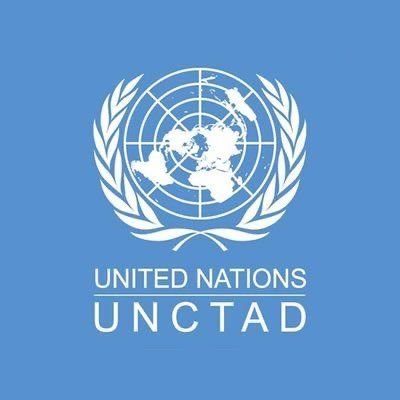The recently released World Investment Report 2023 by the United Nations Conference on Trade and Development (UNCTAD) offers valuable insights into foreign direct investment (FDI) trends in developing countries. The report emphasizes the pressing need to bridge the investment gaps, particularly in renewable energy, to achieve the Sustainable Development Goals (SDGs) by 2030. Additionally, it highlights the global decline in FDI and calls for support to developing nations in their transition to clean energy. Let’s delve into the key findings of the report.
FDI in Developing Countries in Asia:
In 2022, FDI in developing countries in Asia remained steady at $662 billion, signaling no change compared to the previous year. Although the growth rate was flat, countries in this region, such as India and ASEAN, continued to attract substantial FDI, contributing to their economic buoyancy.
Global FDI Decline:
The report reveals a 12% decline in global FDI, reaching $1.3 trillion in 2022. This decline follows a strong rebound in 2021 after the impact of the COVID-19 pandemic in 2020. Notably, China experienced a 5% increase in FDI, serving as an exception to the global downward trend.
Renewable Energy Investment Gap:
One of the critical concerns emphasized in the report is the significant investment gap in renewable energy within developing countries. While the annual investment required to support clean energy transitions amounts to $1.7 trillion, these nations only attracted $544 billion in FDI for clean energy in 2022. This calls for urgent efforts to bridge the investment gap and attract more sustainable energy investments.
Investment Gaps in Sustainable Development Goals:
The report uncovers a substantial investment gap across all sectors of the Sustainable Development Goals (SDGs), which has risen to over $4 trillion per year from $2.5 trillion in 2015. Sectors such as energy, water, and transport infrastructure face the largest investment gaps. Addressing these gaps is crucial for achieving sustainable development targets and fostering inclusive growth.
Challenges and Opportunities:
Despite a positive trend in sustainability investment in global capital markets, the report highlights the need for increased investments in developing countries. Most of the renewable energy investments have flowed into developed nations, leaving developing countries with a significant deficit. Enhancing exposure to developing nations and addressing concerns of greenwashing are vital priorities for the sustainable finance market.
Investment Policymaking and Reform:
The report sheds light on the surge in investment policymaking activities in 2022, with many countries adopting measures to counter an expected economic downturn. Measures favorable to investment increased to 102, nearly doubling from the previous year. Furthermore, work to reform the international investment agreement (IIA) regime continued, focusing on new types of agreements, termination of existing treaties, and discussions on reforming dispute settlement mechanisms.
Global Action Compact for Investment in Sustainable Energy for All:
To address the challenges highlighted in the report, a Global Action Compact for Investment in Sustainable Energy for All is proposed. This compact encompasses guiding principles covering the objectives of the energy transition, including meeting climate goals, providing affordable energy for all, and ensuring energy security. The compact also outlines six action packages to drive national and international investment policymaking, foster partnerships and cooperation, implement financing mechanisms, and strengthen sustainable finance markets.
UNCTAD’s World Investment Report 2023 underlines the urgency to bridge the investment gaps and promote sustainable investment practices in developing countries. By addressing these gaps and fostering partnerships, nations can work together to achieve the SDGs and ensure a sustainable and inclusive future. The report serves as a call to action for governments, international organizations, and stakeholders to prioritize investment in clean energy, enhance investment policymaking, and reform international investment agreements.


